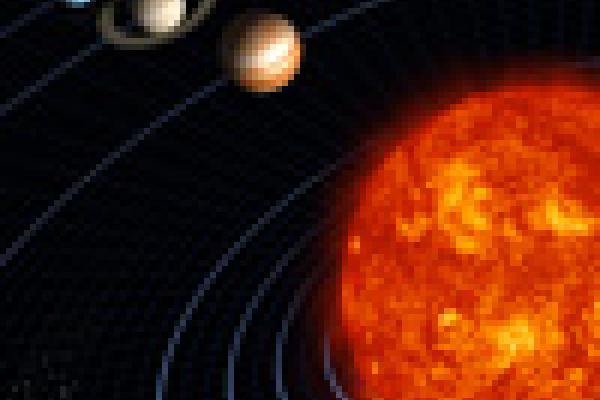Article

Is the Universe simple or complex? Part II
In this, the second part of this series, we look at a mathematical notion of complexity and wonder whether the Universe is just too complex for our tiny little minds to understand.